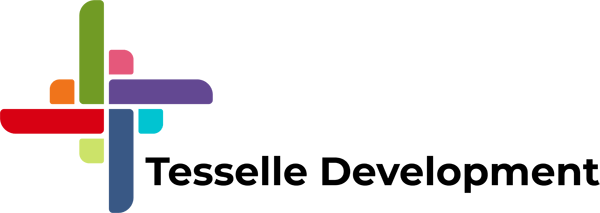When Covid changed the story
with Dr Joby Cole
Dr Joby Cole is an Infectious Diseases and Acute Medicine Consultant for the National Health Services and an honorary lecturer at the University of Sheffield. He has held several clinical fellowships to enable him to undertake research alongside his clinical work. His current motivation is to give all patients the opportunity to get involved in clinical research projects, as participation in research improves outcomes. He is also interested in contributing to novel ways of detecting microbial resistance that would allow fast identification of resistance and a faster approach to prescribing to right antibiotics to patients.
Life in research for clinical academics is not a straightforward path. With an initial clinical fellowship and then a Welcome trust fellowship to undertake a PhD, the entry route into research for Joby could have been streamlined. It was not to be, as the Covid pandemic took control of our daily lives. As an infectious disease and acute medicine consultant, the Covid period meant going back full time to the NHS on the battlefield of a Covid ward and having to pause some of the interesting research work Joby had started during his PhD.
As a clinician interested in both basic science and the application of research to clinical practice, Joby sees his role as being an important voice in influencing the direction of research projects that have the potential to contribute to medicine. Bringing in the bedside perspective to his basic science research colleagues and respecting others’ perspectives and skill set are his starting points in his collaborative approaches.
His experience has taught him that there is great value in experiencing being involved in research early on in your career as a clinician, and that getting involved as early as you can in your career makes transitions easier. Being a clinical academic often means being on the look-out for collaborations and funding where the limited time you have for research can be rewarded in a manageable way.
More about Joby
Explore Joby’s research portfolio here
Listening to our conversation will prompt your thinking:
How taking the time to engage in research conversations matters to explore the right fit for what you want to work on and for what type of research environment you choose to work in.
How understanding the perspective and specific skill set you bring as a clinical academic allows you to initiate collaboration as a process of complementarity instead of seeing yourself or being perceived as a part-time researcher.
How your contribution in research as a clinical academics has the potential to influence not only research directions, but also research practice on a much larger scale.
“The exciting thing about science is that it’s always evolving and that it’s always new...you have the ability to make a very small stepping stone increment into humanity’s knowledge...And. potentially help develop new treatments or better understanding or new vaccines that might save millions of lives, rather than save the hundreds of lives you will do in the clinic. And so that opportunity for a bigger impact, I think is worth pursuing.”

